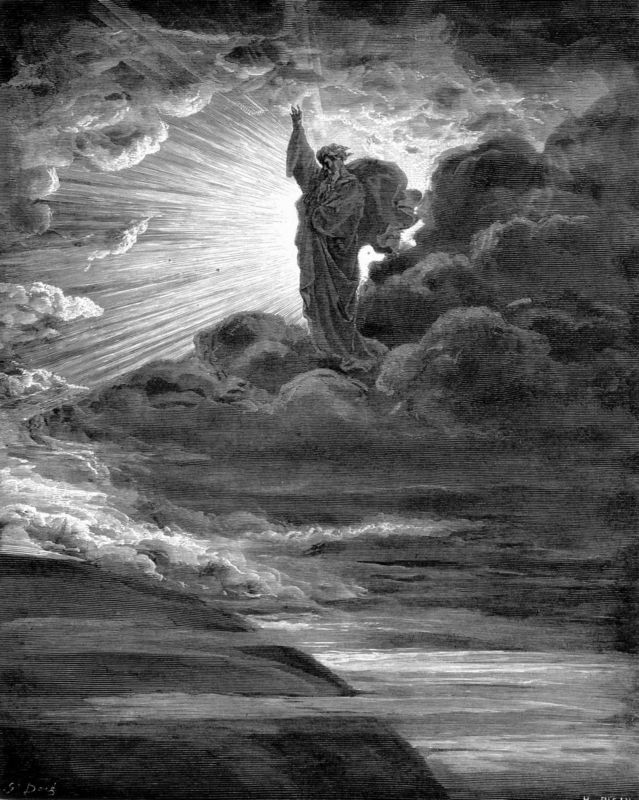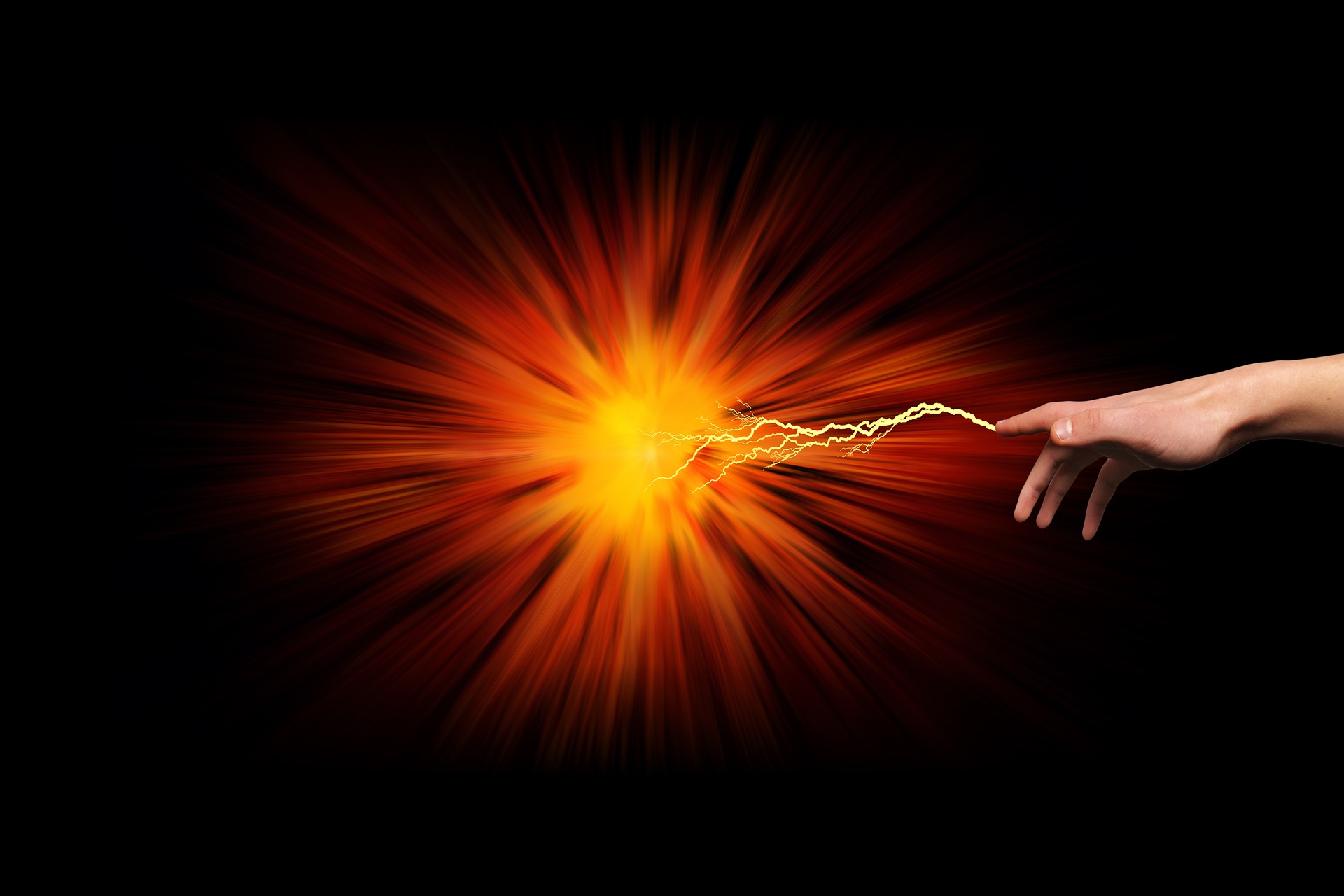The Latin phrase “creation ex nihilo” might appear at first like a lofty concept, best left to theologians and dusty treatises. Yet, it is at the heart of how the Catholic Church—and much of Western civilization—envisions the universe and our place in it. Meaning “creation out of nothing,” this doctrine asserts that God, in His total freedom, brought forth the cosmos not from existing material but from sheer nothingness. Far from being an abstract idea, creation ex nihilo underpins our understanding of God’s sovereignty, creation’s goodness, and our call to reverence every part of the universe as a divine gift.
Table of Contents
Biblical and Patristic Foundations
For Catholics, any discussion of creation ex nihilo begins with Scripture, particularly the opening lines of Genesis: “In the beginning, God created the heavens and the earth.” This bold claim sets biblical revelation apart from ancient myths that imagine the gods merely reordering some primordial chaos or emanating the world from themselves. Instead, the God of Israel stands outside of time and matter, summoning light, space, and life into being simply by His word.
Early Church Fathers—such as St. Irenaeus of Lyons and St. Augustine—defended the doctrine that God is the unique source of all that exists. They contrasted the biblical teaching with pagan philosophies that often saw the world as eternal or shaped by lesser deities. By emphasizing that God created freely, the Fathers upheld both the divine sovereignty and the inherent goodness of all created matter. In so doing, they handed on a vision of reality as radiant with meaning, one that continues to shape Catholic thought and worship today.
The Theological Significance of Creation out of Nothing
Why does creation ex nihilo matter so much? First, it affirms that God is wholly other, neither bounded by nor dependent on the universe. Unlike cosmologies suggesting eternal matter or cyclical time, Catholicism sees matter, energy, and life itself as existing only through God’s gracious will.
Second, this teaching secures a powerful sense of human dignity. If the world is an accidental byproduct, then humanity might be a mere fluke. But if God calls each of us into being, then every person’s existence is grounded in divine love. Third, creation ex nihilo highlights divine providence. God is not an aloof clockmaker who set things running and walked away; rather, He upholds all things at every moment, guiding history toward its fulfillment.
Lastly, it underscores the tragedy of sin. Sin amounts to a turning away from the God on whom we depend for every breath. Yet redemption, grounded in Christ’s incarnation and resurrection, points us back to the loving Creator who beckons us to share in His life.

Mythic Dimensions of Creation and Cosmic Order
Within the Catholic Legendary Tradition, creation ex nihilo resonates as more than a mere doctrine—it emerges as a mythic narrative that illuminates the world’s sacredness. Myths are not idle fables but stories that reveal profound truths. In the Catholic realm, creation narratives, devotions to patron saints of nature, and feast days that celebrate the cycles of life function as “mythic corridors,” inviting us to see the ongoing drama of a Creator who bestows existence out of sheer generosity.
To call something “mythic” in this sense does not reduce it to fiction. Instead, it means it is charged with symbolic power—conveying truths so fundamental that only story, symbol, and ritual can fully communicate them. Creation ex nihilo, precisely because it defies ordinary logic, belongs to this mythic register. It tells us the cosmos is not self-explanatory or eternal; it rests on a free and loving Act.
Tradition and Liturgy: Experiencing Creation Anew
The Church’s worship is always, at some level, a celebration of God’s creative majesty. In the Tridentine Mass and other traditional forms of the liturgy, Catholics sense a cosmic dimension: the Latin chants, the incense rising, the vestments, and the solemn gestures point to a reality that transcends us. On feasts like Easter, the vigil liturgy recounts the story of creation, the call of Abraham, and the Passover of the Israelites from bondage to freedom. These proclamations link God’s creative work to His ongoing plan of salvation.
Such ritual can awaken in us a renewed sense of awe. If all things come from God’s creative word, then each sunrise, each beat of the heart, and each new child is a sign of His overflowing goodness. Liturgy becomes, as some theologians say, a cosmic song where believers join the angels in praising the Creator.
Creation ex Nihilo and Western Civilization
Christian teachings about God and creation reoriented the ancient world. At a time when many in Rome and Greece viewed the universe as eternal or subject to the random whims of fate, the Church insisted on God’s sovereignty and the inherent goodness of created matter. This teaching shaped everything from medieval science (which saw the universe as orderly and knowable) to the blossoming of art and architecture that sought to glorify the divine order.
Thus, creation ex nihilo contributed to a worldview that respected human value, promoted the search for truth, and celebrated the natural world as worthy of study and stewardship. Even in our often-secular age, remnants of this vision remain. The intuition that every life is precious, that nature is intelligible, and that history has a direction all echo the biblical belief that “in the beginning” there was nothing but God—and that God’s word brought forth all things in love.

Spiritual and Practical Applications
Embracing creation ex nihilo in one’s spiritual life bears real fruit:
- Gratitude
Recognizing that everything, including our own existence, is freely given helps cultivate a spirit of thankfulness. Rather than viewing life as a random fluke, we receive it as a divine gift. - Stewardship
If the universe is God’s creation, entrusted to our care, then ecological responsibility follows. Our Catholic ethos calls us to safeguard the environment, treat animals humanely, and foster sustainable living. - Contemplative Depth
Prayer in the Catholic tradition is not merely petitionary but contemplative—gazing upon the wonder of God’s creation in silence. Contemplation echoes the truth that “we are dust, and to dust we shall return,” yet dust cherished by the Creator. - Living in Hope
The God who summons being out of nothing is powerful to renew creation, even when darkness appears overwhelming. This fosters a Christian optimism that, in the end, God’s purposes cannot fail.
Conclusion: Joining the Cosmic Hymn of Praise
From biblical times to the present, creation ex nihilo testifies that we live in a world rooted in divine freedom and boundless generosity. Rather than a closed system of aimless matter, the universe stands forth as a dynamic sign of God’s love—an invitation to live in awe, humility, and communion. The Catholic Church’s myths, devotions, and liturgies give shape to this foundational truth, offering believers a glimpse of the cosmos as a sacramental reality. When we rediscover that “nothingness” was transformed into God’s masterpiece, we can sing with renewed wonder:
“Bless the Lord, all you works of the Lord; sing praise to him and highly exalt him forever.” (Daniel 3:57)
Here, on our small planet that God created from nothing, we are called to join this cosmic hymn—a song of gratitude, praise, and openness to the infinite Love that undergirds each breath and calls all things to share His eternal life.



